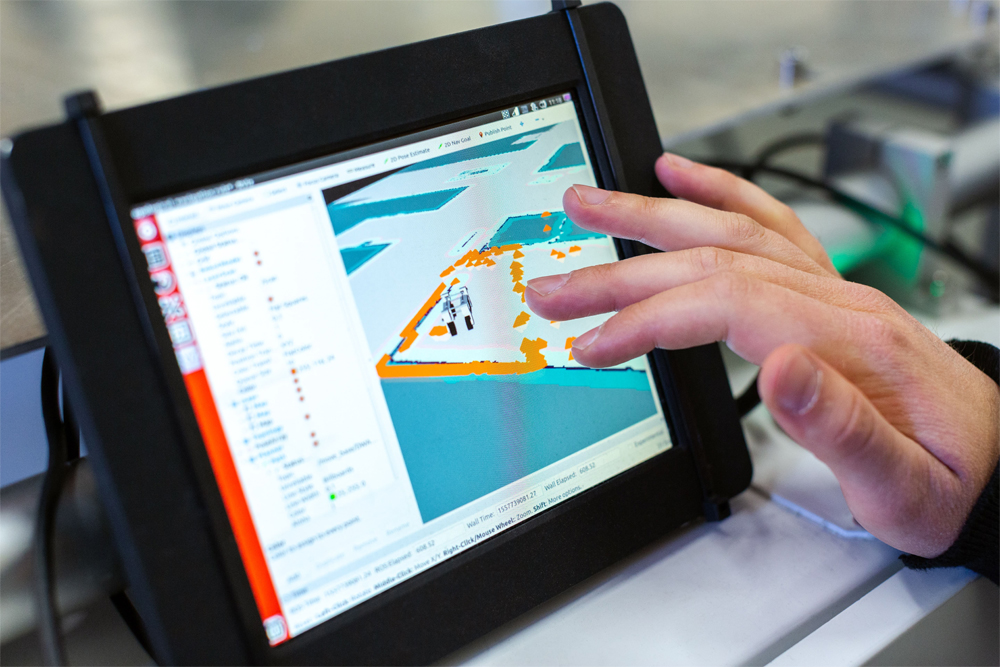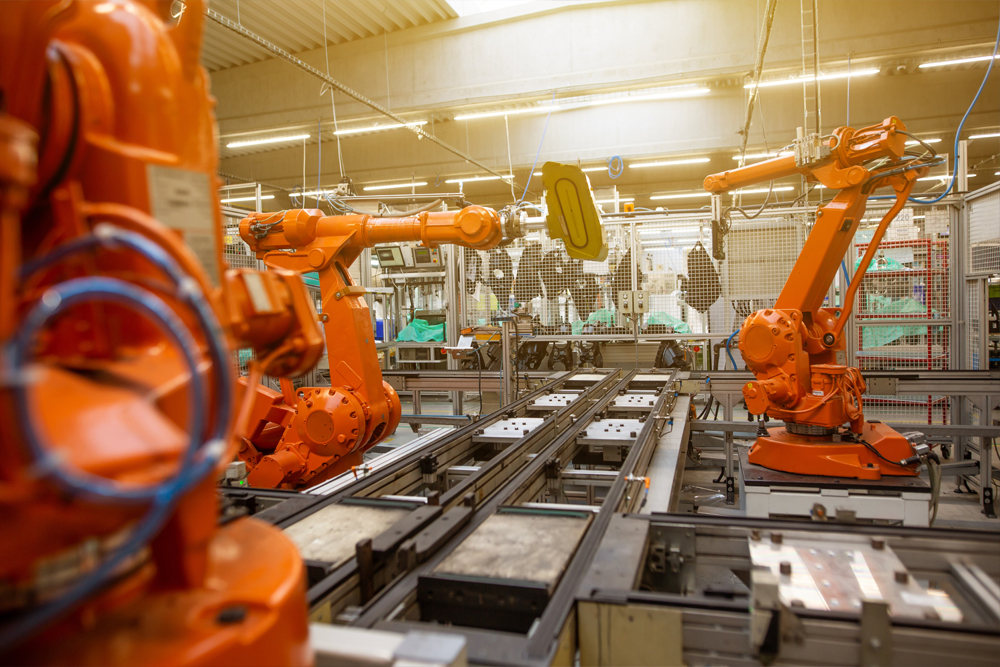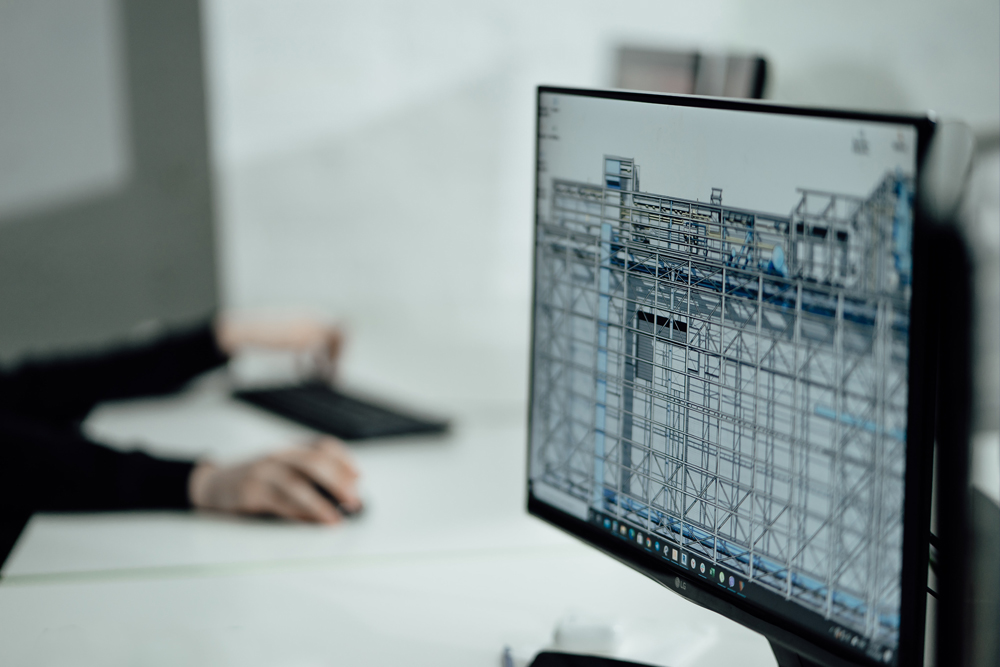Innovative construction technology trends are driving major improvements in the safety, efficiency, speed, and productivity of construction projects.
Let's take a look at the construction trends and technologies that await us in 2023!
1. BIM (Building Information Modeling) will help us in every aspect of construction projects.
Building planning and design is a collaborative process in which multiple disciplines work together, including engineers, architects, builders, and clients. It is also difficult to ensure business coordination in processes that are carried out jointly in this way.
Today's technologies have developed solutions that will eliminate the problems of over-budget expenditures, quality concerns, missed deadlines, and interdisciplinary coordination. One of these solutions, BIM, provides a central database during the construction process and enables everyone to work on a single shared model. In this way, it increases the efficiency of the overall workflow and ease of project coordination.
2. Robots will play a dominant role in the construction industry.
Construction is one of the industries that require intensive labor. Robotic automation developed with today's technologies provides benefits in terms of time and workforce.
Robotic solutions also handle earthworks, transportation, lifting, concrete work, and demolition. This increases the safety of workers in construction.
Rebar tying robots developed by US-based Advanced Construction Robotics is one of these initiatives. Relevant robots perform the repetitive and arduous tasks of rebar assembly using artificial intelligence and computer vision. These robots save time and contribute to occupational safety thanks to their pre-mapping and programming features.
3. The "sustainable" theme will be at the forefront of the construction industry.
Another important issue that will shape the construction industry is building materials produced from living organisms and self-healing sustainable concrete material innovations. Sustainable materials such as mycelium composites, bioplastics, and bio-foam are part of these innovations.
The next category of innovative materials includes airtel, graphene, spider silk, carbon composites, hydro ceramics, and nanomaterials. These materials are lighter and have a higher water-holding capacity.
In summary, sustainable materials are durable, low-maintenance, and energy-efficient materials.
4. Artificial intelligence will provide many conveniences in Construction Project Management.
With artificial intelligence, one of the upcoming construction industry trends, the right work organization can be made, and timelines can be developed for targeted deadlines. In this way, digital construction project management reduces waste, increases workforce efficiency, and ensures that the project is completed by the deadline.
The project management software of the Constru company meets precisely these needs. It uses computer vision and robotic technologies to improve construction site visibility. The software uses virtual engineers to monitor every job on site. The platform also provides an overview of project schedules, budget overruns, and future risks. Project managers use this platform to streamline construction processes and gain clarity on all ongoing projects.
5. With the Digital Twin Technology, the structural analysis will be completed quickly.
Digital Twin Technology is a digital interface that encompasses potential and existing resources, technologies, information, procedures, routines, employees, and tools of a physical entity.
The Digital Twin collects data from sensors to enhance the appearance of a physical building and then creates a copy. It provides convenience in the analysis phase by creating a second copy with the ability to evaluate, modify and optimize a physical structure.
Maximum availability of increasing businesses in the construction industry, enforcing safety standards, reducing risk, and improving quality using Digital Twin Technology.





Recent Blog Posts
